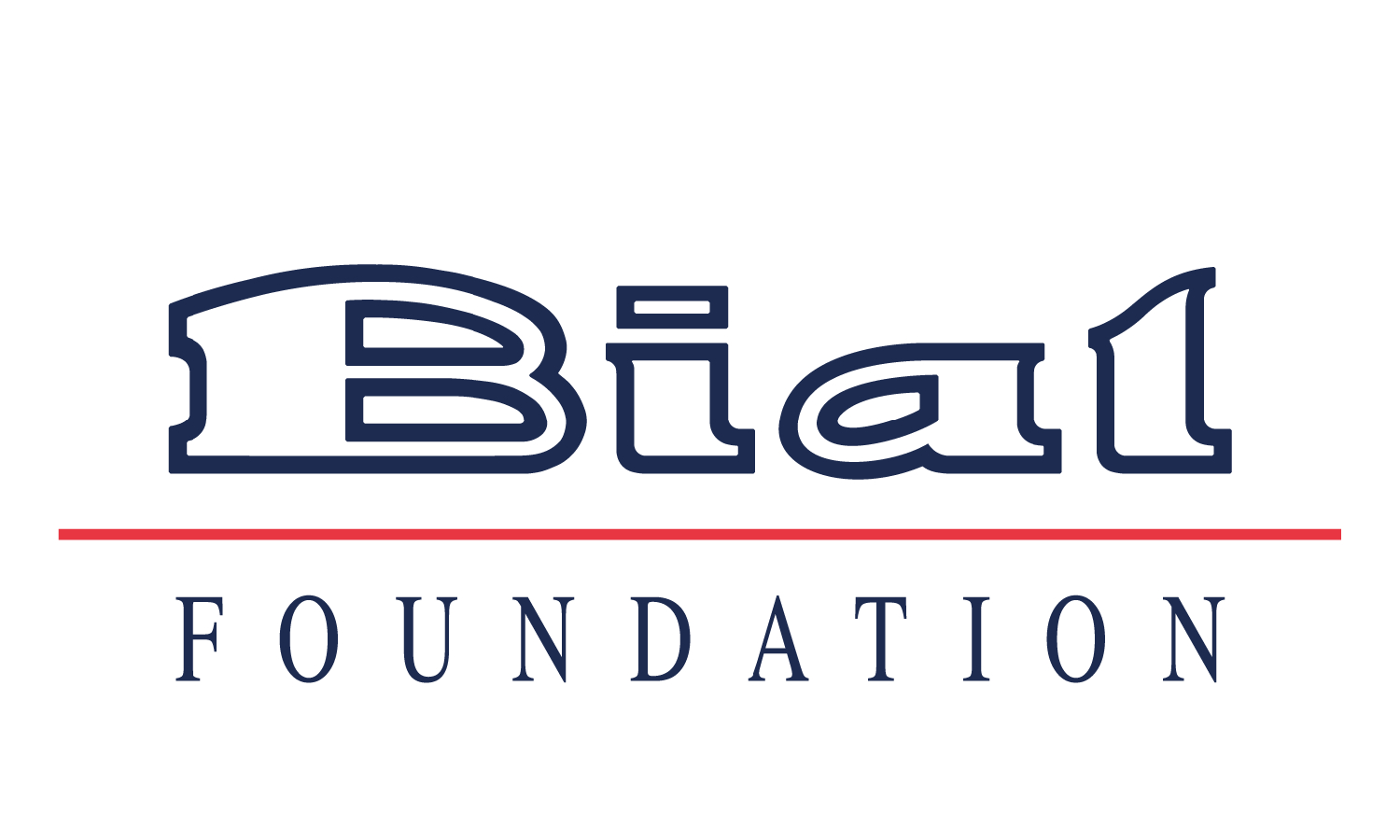The beliefs we hold about health often shape, sometimes unconsciously, the decisions we make in our daily lives. However, not all of these beliefs are grounded in solid scientific evidence. Some, although well-intentioned, are illusory – misguided ideas that can lead us away from effective practices and toward choices that pose risks to our well-being. A research team led by Andrew Denovan explored how these beliefs relate to the use of complementary and alternative medicine (CAM) and adherence to recommended health behaviors. The findings reveal a clear pattern: the stronger the belief in pseudoscientific ideas, the greater the distrust in conventional medicine and the higher the tendency to seek unvalidated therapies. However, the study also identified factors that can counteract this trend. Valuing science and perceiving personal control over one’s health – known as an internal health locus of control – are associated with more informed decisions and a critical stance toward pseudoscientific practices. While certain CAM approaches may offer complementary value, particularly in contexts such as palliative care, rejecting scientific evidence can lead to serious consequences, such as vaccine hesitancy or delayed diagnoses. Understanding these dynamics is a crucial step toward strengthening health literacy and promoting truly informed choices. This study was published in the scientific journal Behavioral Sciences, in the article The relationship between illusory health beliefs, recommended health behaviours, and complementary and alternative medicine: An investigation across multiple time points, as a part of research project 69/22 - Psychometric validation of a questionnaire for assessing paranormal health beliefs and statistically modelling the effects of the construct on health outcomes longitudinally, supported by the BIAL Foundation.
ABSTRACT
Illusory health beliefs (IHBs) represent invalid ideations about health and potentially impact health behaviours and practices in meaningful ways. Examples include the uptake of methods with less conclusive evidence/support (e.g., complementary and alternative medicine, CAM) versus empirically validated approaches (e.g., recommended by health professionals). However, measurement obfuscation of IHB has hindered construct operationalisation. This study examined a newly developed measure (the Illusory Health Beliefs Scale) in the context of health outcomes. Specifically, we explored adherence to recommended health behaviours (e.g., lifestyle, vaccines) and trust in healthcare professionals versus CAM use. Assessments included theoretically linked constructs, comprising health locus of control, belief in science, and belief in CAM. Using a sample of 1507 (734 males, 768 females, 7 non-binary), a statistical model tested relationships across time points. Path analysis revealed that IHBs aligned with openness to unorthodox treatments alongside lower confidence in conventional treatment methods. Crucially, locus of control and belief in science mediated/weakened this relationship, predicting greater adherence to health recommendations and trust in health professionals. Belief in CAM strengthened the relationship between IHBs and CAM use. The findings provide initial evidence regarding the contribution of IHBs to health outcomes, and a basis for future research to further explore the IHB-health relationship.






































































